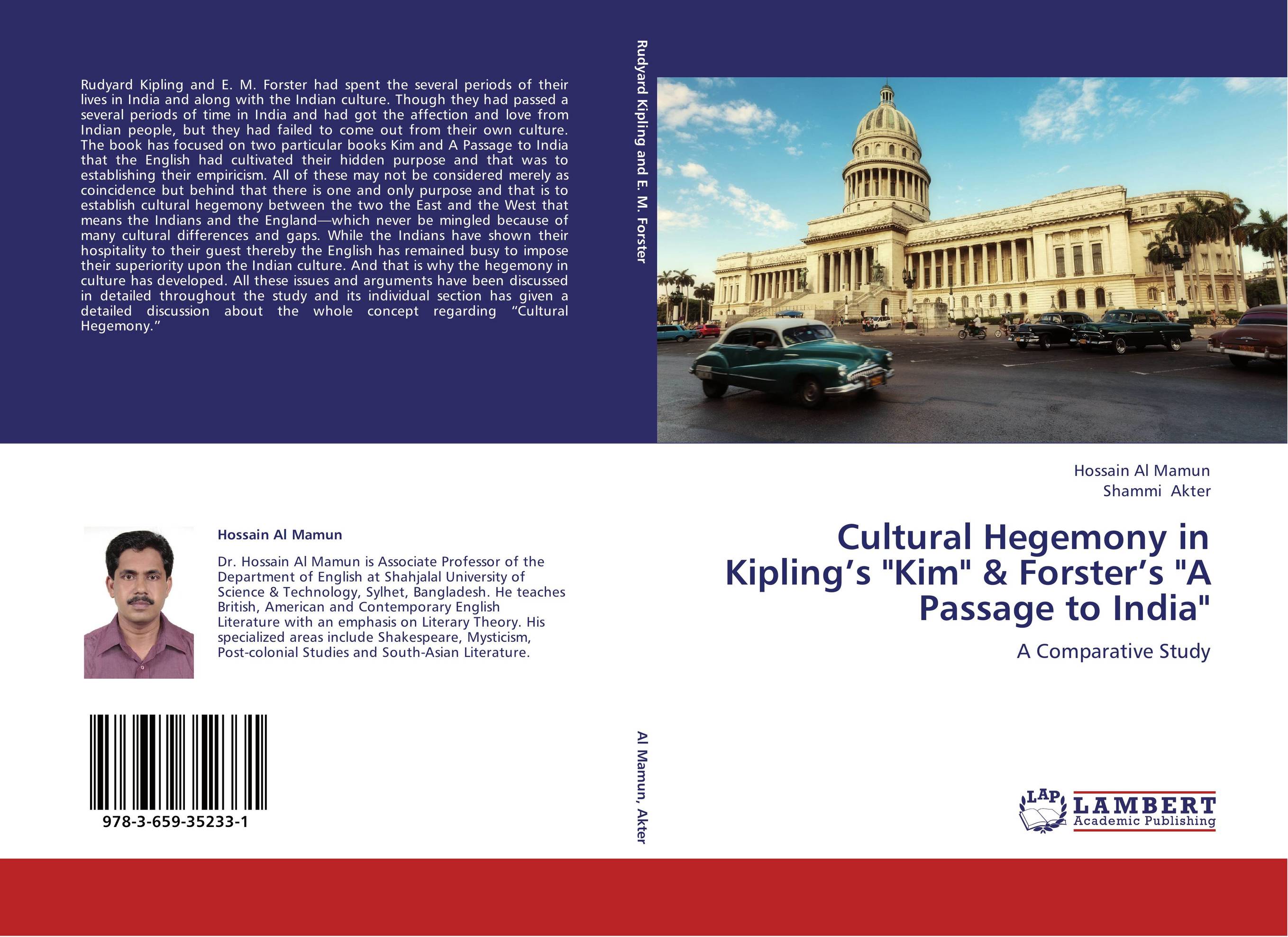| Поиск по каталогу |
|
(строгое соответствие)
|
- Профессиональная
- Научно-популярная
- Художественная
- Публицистика
- Детская
- Искусство
- Хобби, семья, дом
- Спорт
- Путеводители
- Блокноты, тетради, открытки
Cultural Hegemony in Kipling’s "Kim" & Forster’s "A Passage to India". A Comparative Study

В наличии
| Местонахождение: Алматы | Состояние экземпляра: новый |

Бумажная
версия
версия
Автор: Hossain Al Mamun and Shammi Akter
ISBN: 9783659352331
Год издания: 2013
Формат книги: 60×90/16 (145×215 мм)
Количество страниц: 104
Издательство: LAP LAMBERT Academic Publishing
Цена: 29176 тг
Положить в корзину
Позиции в рубрикаторе
Отрасли знаний:Код товара: 119345
| Способы доставки в город Алматы * комплектация (срок до отгрузки) не более 2 рабочих дней |
| Самовывоз из города Алматы (пункты самовывоза партнёра CDEK) |
| Курьерская доставка CDEK из города Москва |
| Доставка Почтой России из города Москва |
Аннотация: Rudyard Kipling and E. M. Forster had spent the several periods of their lives in India and along with the Indian culture. Though they had passed a several periods of time in India and had got the affection and love from Indian people, but they had failed to come out from their own culture. The book has focused on two particular books Kim and A Passage to India that the English had cultivated their hidden purpose and that was to establishing their empiricism. All of these may not be considered merely as coincidence but behind that there is one and only purpose and that is to establish cultural hegemony between the two the East and the West that means the Indians and the England—which never be mingled because of many cultural differences and gaps. While the Indians have shown their hospitality to their guest thereby the English has remained busy to impose their superiority upon the Indian culture. And that is why the hegemony in culture has developed. All these issues and arguments have been discussed in detailed throughout the study and its individual section has given a detailed discussion about the whole concept regarding “Cultural Hegemony.”
Ключевые слова: post-colonialism, F?rster, Kipling, Cultural Hegemony



